Specialised riveting factory withRivet welding subcontractor: Your Ideal Manufacturing Partner
In modern manufacturing, more than 65% companies choose to outsource riveting to specialised manufacturers to reduce production costs and improve product quality.
Rivet welding factories are specialised in the joining and fabrication of metal structures, with advanced welding equipment, professional technicians and strict quality management systems. And the rivet welding subcontracting factory goes a step further, providing customers withCustomised turnkey or all-inclusive production servicesWe provide one-stop solutions from design optimisation, material sourcing to finished product delivery.
By choosing a professional riveting subcontractor, companies are able to focus their resources on their core business and at the same time obtain riveting products that are more technologically advanced and of more consistent quality.
01 Core competencies and equipment configuration of a specialised riveting plant
A qualified riveting plant must be equipped with comprehensive hardware facilities and technical teams.High-end welding equipmentIt is the primary measure of the degree of professionalism of a rivet factory.
Modern riveting plants often have a wide range of welding equipment to cater for different materials and processes:
Automated welding robots: for high volume, high precision repetitive welding tasks
Laser welding systems: Precision welding of thin sheet materials and stainless steel
Plasma arc welding equipment: for welding thick plates and special alloys
TIG/MIG welding machineHigh-quality welding of aluminium alloys, stainless steel and other materials.
Testing and quality control equipmentEqually indispensable. The professional riveting factory is equipped with CMM, ultrasonic flaw detector, X-ray inspection equipment, etc. to ensure that every product meets the design standards and customer requirements.
The technical team of a rivet welding plant should include welding engineers, process designers and quality control specialists. A good rivet welding plant will provide regular training to its staff to ensure that they are up-to-date with the latest welding technology and standards, such as ISO 3834 welding quality system and EN 15085 rail vehicle welding certification.
02 Rivet WeldingService model and advantages of the plant
The main difference between a rivet welding foundry and a traditional rivet welding factory is itsFlexible service modelrespond in singingCustomer orientated workflow.![图片[1]-Rivet Welding Factory & Rivet Welding Subcontractor: Your Ideal Manufacturing Partner-Dalian Fuhong Machinery Co., Ltd](https://endlfh.com/wp-content/uploads/2025/09/QQ20250829-200957.png)
Incoming material processing modelIt is the most common form of co-operation for OEM factories. The customer provides the raw materials and design drawings, and the OEM is responsible for welding, manufacturing and surface treatment. This model is suitable for those who already have a mature product design and want to control material costs.
All-inclusive production servicesIt is more comprehensive, with the OEM taking full responsibility from the procurement of materials:
Design review and process optimisation
Raw material procurement and quality inspection
Welding fabrication and process control
Quality inspection and surface treatment
Finished product assembly and packaging for dispatch
The core advantages of choosing a rivet welding subcontractor arecost controlrespond in singingExpertiseThe company does not need to invest a lot of money to buy expensive equipment, hire professional technicians. Enterprises do not need to invest a lot of money to buy expensive equipment, hire professional and technical personnel, and do not have to worry about the risk of equipment obsolescence brought about by the renewal of the welding process.
03 How to identify quality rivet welding subcontracting plants
There are several dimensions to consider when choosing a reliable rivet welding foundry.QualificationIt is the basic threshold that an excellent OEM should have ISO9001 quality management system certification, as well as industry-specific relevant qualifications, such as pressure vessel manufacturing licences, professional contracting qualifications for steel structure works, and so on.
Case experienceIt is an important basis for assessing the actual capability of the OEM factory. Powerful manufacturers usually will:
Provide success stories of similar products
Showcase of famous clients served
Provide a tour of the production plant and sample room
Technical communication skillsEqually critical. At the initial contact stage, a good OEM technical team can quickly understand the customer’s needs, make reasonable process suggestions, and point out possible welding problems in the product design.
When evaluating a foundry, you should also consider itsProduction capacity and lead times. Enquire about the number of existing customers, the number of production lines and the capacity to handle urgent orders to ensure that they can meet the demands of your production schedule.
04 Details of the co-operation process of riveting and welding substitution processing
Partnerships with riveting and welding subcontractors often follow standardised processes to ensure smooth project progress.
Requirements analysis phaseIt is the starting point of co-operation. The OEM factory will understand the customer’s product use, working environment, quality requirements and budget range in detail. At this stage, the customer should provide as much detailed technical parameters as possible, such as material specifications, structural dimensions, force requirements and so on.
Technical evaluation and quotationAt this stage, the OEM’s technical team analyses the manufacturability of the product design, suggests possible optimisations and provides a detailed quotation based on material costs, processing difficulty and lead time requirements.
After the official co-operationproduction processIncluded:
Process documentation: development of detailed welding process protocols
Tooling design: Design of specialised fixtures for specific products.
Trial production and sample confirmation: small batch trial production for customer verification
Batch production and in-process inspection: production according to plan and quality control throughout the process
Final Inspection and Delivery: Shipments after full inspection and approval
05 Industry applications: which companies need riveting subcontracting services
Rivet welding subcontracting services are widely used in major industrial sectors, and different industries have specific technical requirements for subcontractors.![图片[2]-Rivet Welding Factory & Rivet Welding Subcontractor: Your Ideal Manufacturing Partner-Dalian Fuhong Machinery Co., Ltd](https://endlfh.com/wp-content/uploads/2025/09/QQ20250829-200803-1-800x679.png)
Construction Machinery IndustryIt is an important customer for rivet welding subcontracting. Large structural parts of excavators, loaders and other equipment require specialised welding processes to ensure their strength and durability. Excellent subcontractors are able to deal with welding distortion control of high-strength steels and ensure that the products meet the requirements of demanding working environments.
Manufacture of automotive parts and componentsThe field, especially commercial truck frames, chassis and other safety components, has extremely high requirements for welding quality. OEMs need to master robotic welding technology to ensure the consistency and reliability of welds.
Other important areas of application include:
Environmental protection equipment: Large steel structures such as dust collectors, desulphurisation towers, etc.
Warehouse Logistics: Racks, conveyor frames, etc.
agricultural machinery: Structural parts of agricultural equipment such as harvesters, tractors, etc.
Power equipment: Transformer housings, switchgear frames, etc.
06 Quality Control: Professional Rivet Welding Factory Quality Assurance System
Quality is the core value of the riveting and welding substitution service, and excellent manufacturers have established a multi-level quality assurance system.
Welding process controlIt is the focus of quality management. Starting from welding consumables management, including drying, holding, issuing and recycling the whole process control. Welding parameters such as current, voltage and speed need to be monitored and recorded in real time to ensure process stability.
Non-destructive testing applicationsIt is the key link to ensure the quality of the weld. Professional rivet welding factory will choose the appropriate testing method according to the product requirements:
ray detection: for detecting internal defects in welded seams
ultrasonic testing: For quality assessment of thick plate welds
Magnetic particle inspection: For inspection of surface and near-surface defects
Osmosis: for surface defect detection on non-magnetic materials
Quality Tracing SystemEach product has a complete “identity card”. By recording information such as material batch, welding parameters, operators and production time, the whole process can be traced, which facilitates problem analysis and continuous improvement.
In the next five years, with the deepening of intelligent manufacturing, professional riveting and welding plants will be introduced in large numbersInternet of Things and Big Data technologies. Real-time monitoring of welding parameters, quality prediction and analysis will become standard, further enhancing the technical threshold and service value of the riveting and welding sub-processing industry.
Choosing the right rivet welding foundry is not just about finding a supplier, it’s about building aLong-term, mutually beneficial technology partnerships. Excellent OEMs are able to become the external R&D department of the customer’s organisation and work together to promote product innovation and quality improvement.

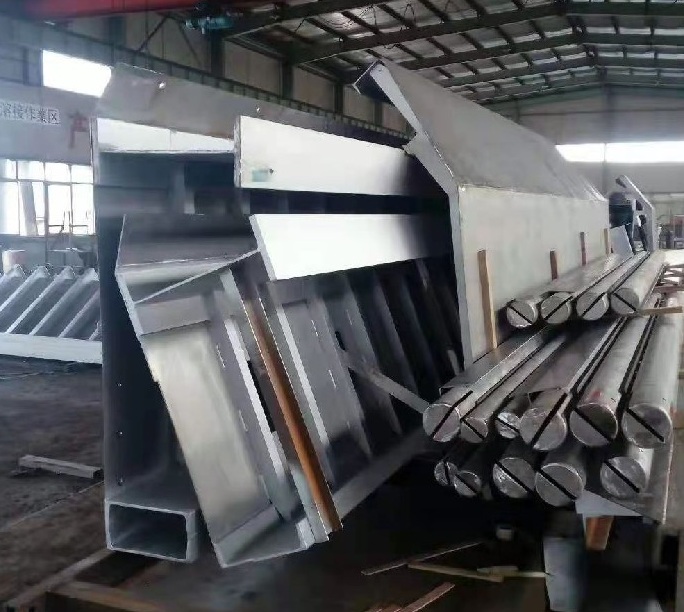


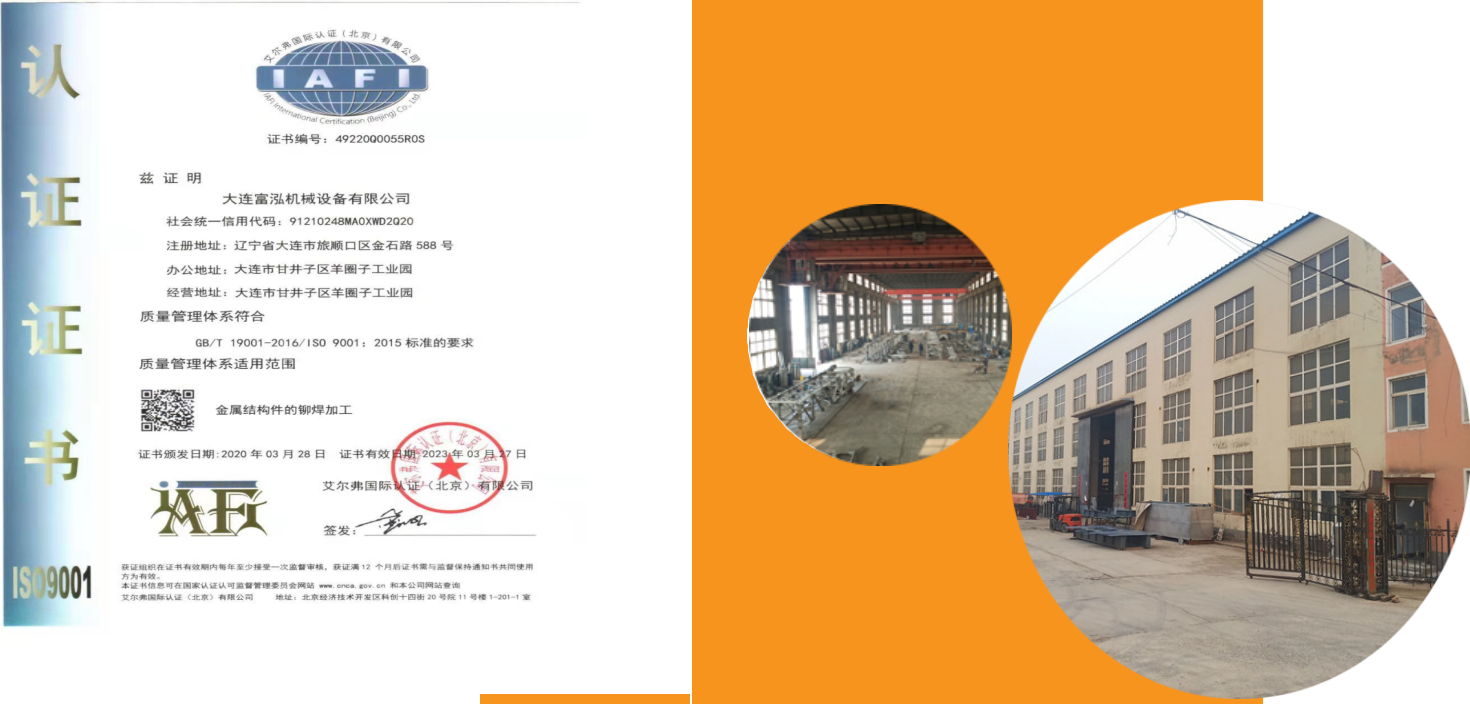
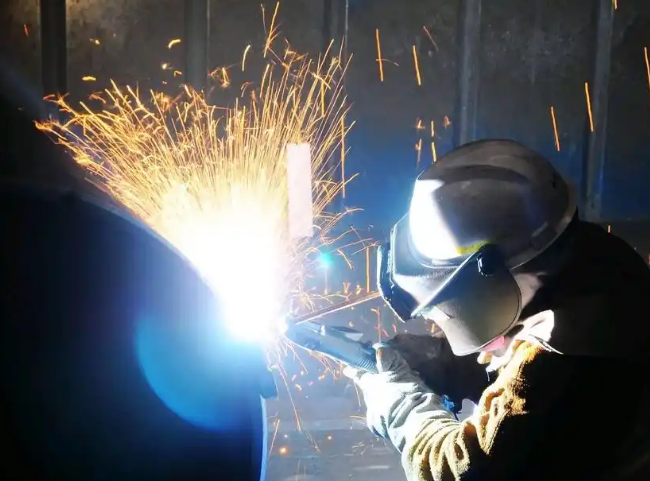

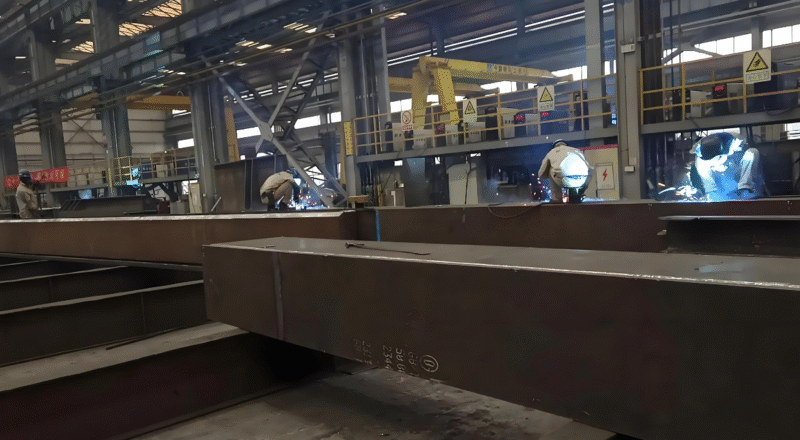
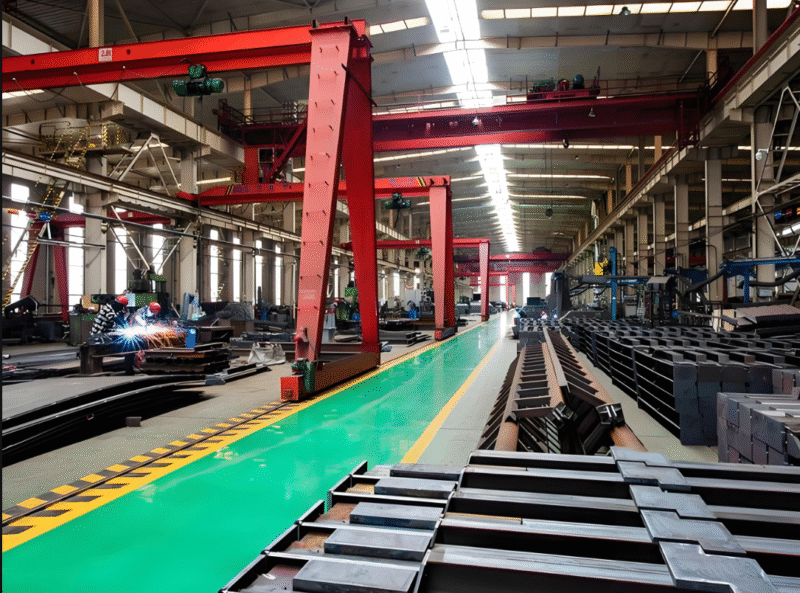
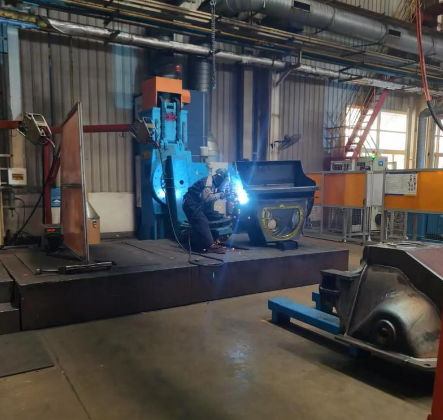
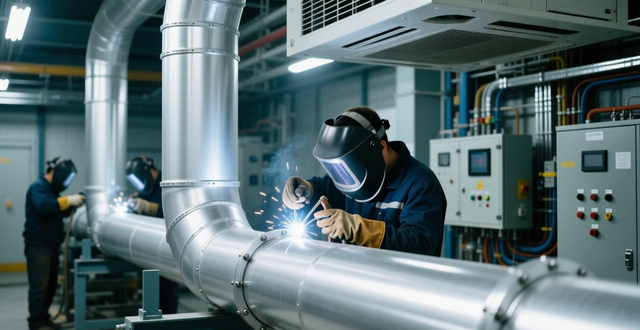


暂无评论内容